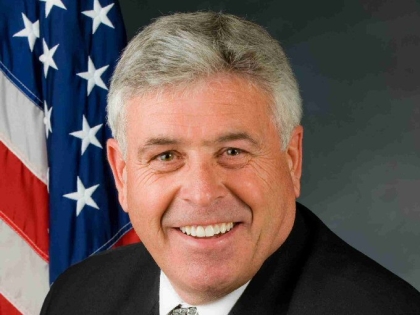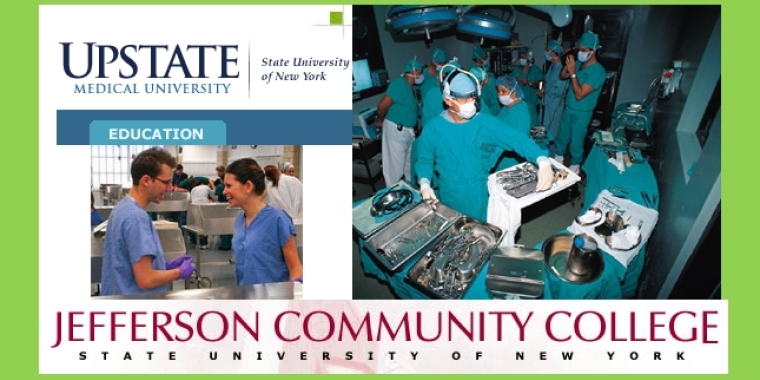
Upstate Medical to Study Link with Watertown/Fort Drum
Darrel J. Aubertine
June 23, 2010

Senate passes Aubertine bill to direct SUNY Upstate on North Country branch campus
ALBANY (June 23, 2010)—The New York State Senate passed legislation sponsored by Sen. Darrel J. Aubertine last week to conduct a study that will explore the viability and compelling need for branch campuses of the State University of New York Upstate Medical University in both the Watertown/Fort Drum area and the Mohawk Valley Region of the state.
“This study is needed to get the process moving and create a roadmap for expanded health care education programs to serve our rural communities,” said Sen. Aubertine, chair of the Legislative Commission on Rural Resources. “This study will help assess our health care needs in the region and retain local students to meet those needs with new jobs in the medical field. This is a win for Jefferson Community College, our military, the community as a whole and New York State.”
The bill directs the President of the State University of New York Upstate Medical University to conduct the study. The university has pursued this study in an effort to further live up to its name by taking its people, programs and classroom into the 17-county region it serves. By acting now, the University may be just in time to address serious health care and economic uncertainties shared by many communities.
“This is great news,” said Upstate Medical President David R. Smith, MD. “The successful completion of this study will allow us to convert the overwhelming statistical and anecdotal evidence into a blueprint for educational extensions of our campus.”
Academic Health Centers (AHC) have a reputation for exhibiting symptoms of "build it and they will come" syndrome. Indeed, most other AHC's in New York State sit in the center of their defined universe, waiting for patients, referrals, students and trauma victims. While New York's cities have 340 physicians per 100,000 people, rural areas have just 169 physicians per 100,000 people, and the number is falling. In the North Country, the physician population has dropped by 8 percent over the last five years. In that same time period the number of active physicians in the Mohawk Valley also declined 8 percent.
SUNY Upstate is committed to being part of the solution with its recent launch of a "regional extension" concept to meet health care and medical workforce needs. Upstate already occupies a small footprint in the region. Its Binghamton Campus has been training 80 third and fourth year medical students each year since the 1970's. Upstate's Department of Family Medicine is on the cusp of enhancing its Rural Medical program which places medical students into outlying communities for a real-time, up close experience with regional hospitals and physician preceptors.
“We are so pleased with the passage of this bill to study expanding medical education in Jefferson County and want to thank Senator Aubertine for his leadership on this initiative,” said Carole McCoy, president of Jefferson Community College. “Expanding medical education will ultimately bring more health care providers to our area which will make a tremendous difference for both our local citizens as well as the soldiers and families of Fort Drum. Jefferson Community College is committed to working with SUNY Upstate to help bring this project to fruition.”
Branch Campuses for the Fort Drum/Watertown and Mohawk Valley regions would be a perfect fit for Upstate's Regional Extension model and should be explored in detail. Discussions between SUNY Upstate and Jefferson Community College have been ongoing. Such campuses would provide a ready supply of professionals—including medical graduates, physician assistants and nurse practitioners specializing in family mental health and lift the clinical profile of the communities.
-30-